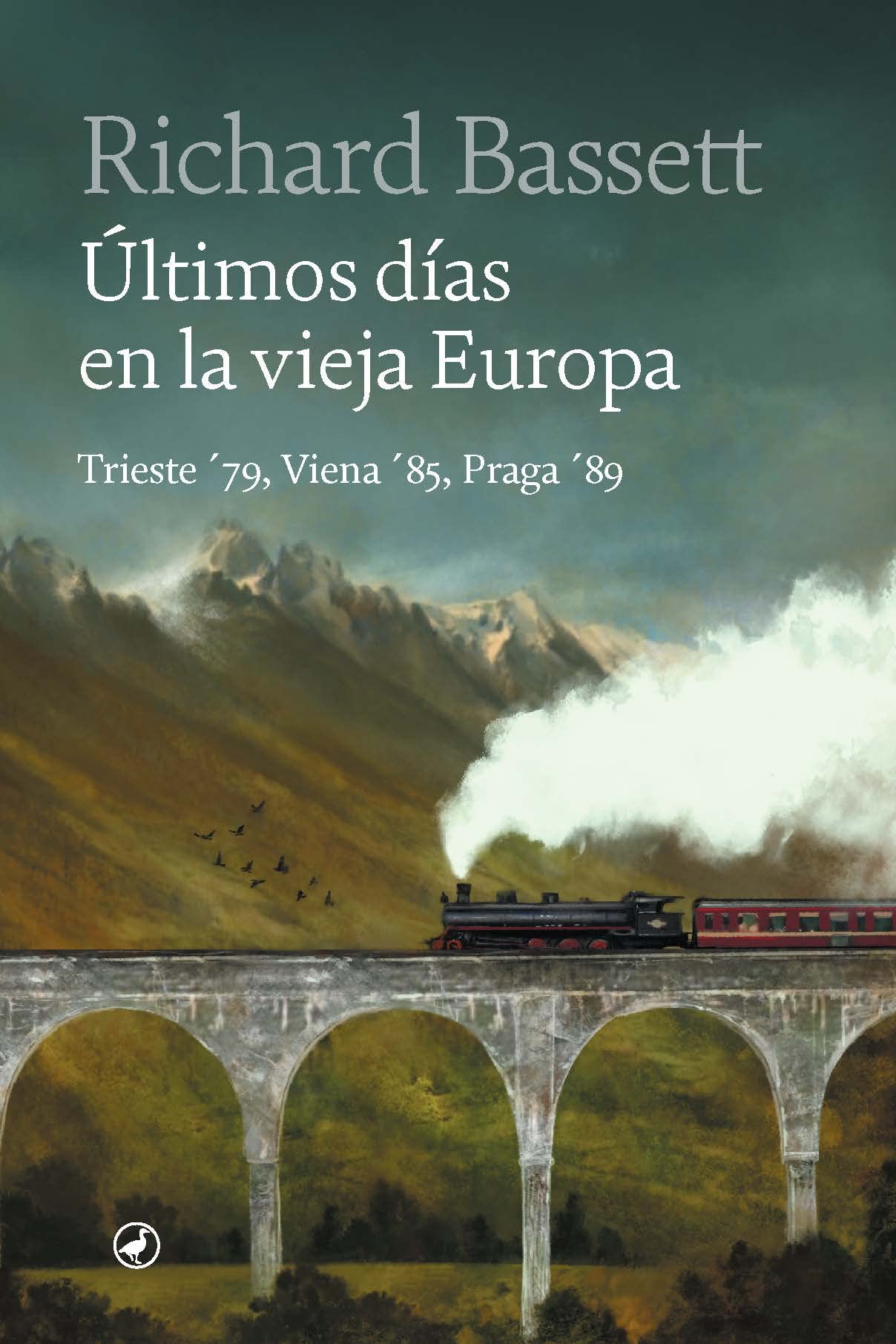
About the book
The new novel by Catedral (Grup Enciclopèdia) takes us on a journey to the heart of a forgotten Europe.
“How typical of The Times, a little bit of academia and a little bit of music,” observed the elderly editor of the British Council.
Encounters.
During his journey, the author crosses paths with down-on-his-luck aristocrats, gangsters as charming as they are dangerous, wayward diplomats and glamorous spies.
These chance encounters and the picturesque characters who star in them serve as a counterpoint to understanding the reality of the Iron Curtain in its entirety:
the conversation with Zita, the last Empress of Austria, the funeral of King Nicola of Montenegro in Cetinje, a game of bridge with the last living man to be decorated by the Austrian Emperor Franz Joseph, or the last representative of the KGB in Prague, shortly before the dissolution of the Soviet Union.
Architecture.
«In Ljubljana, (Plecnik) translated these forms into a series of structures that to this day continue to lend a particular personality to the old town, and which make it immediately distinguishable from other former Habsburg cities. His Triple Bridge, in the center of the city, was an ingenious solution to solve the problem of preserving an earlier bridge, from the 19th century, and of great value. (…) That bridge, along with the other elements of Plecnik’s work in Ljubljana, offer a striking contrast with the old Austrian fabric of the city, which seems so similar to that of Graz and other cities in Central Europe.»
Music.
«Its plucked chords evoke Central Europe in a way that is almost unattainable by any other instrument, just as the Hungarian cimbalom seems to embody the mysterious, taciturn personality of the Magyar plains and their gypsy inhabitants. It is often forgotten that the zither was a court instrument before the First World War and that Karl, the last Austrian emperor, commissioned pieces from his resident zither composer. Such evocative melodies are still played today.»
Gastronomy.
«One of our favorite places was a modest establishment in Trnovo, barely larger than a Biedermeier bungalow, surrounded by orchards and run by a Bulgarian. This was a taciturn man, but famous for
the quality of your winery. Perhaps as a counterpoint, he encouraged us to eat raw spring onions, which he unfailingly served as Vorspeise, and which were supposed to protect against blood diseases. Ravnikar watched me while he tasted, for the first time and very cautiously, that delicacy.
Source: https://algunoslibrosbuenos.com/ultimos-dias-en-la-vieja-europa


